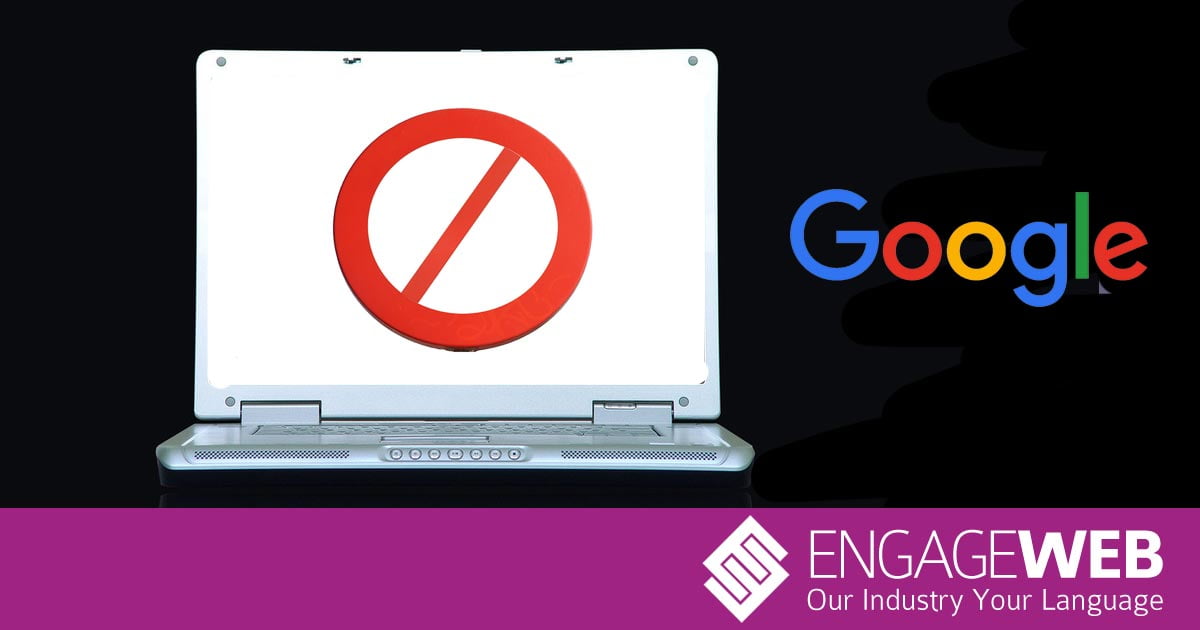Search giant Google has recently announced its intentions to build an ad-blocker for its Chrome browser in a bid to combat intrusive ads.
The company has said it hopes to improve the browsing experience for its users as well as protect its own business model by targeting and blocking the most annoying and intrusive ads. The ad-blocker is set to be ready for launch early next year.
The web giant is working alongside the Coalition for Better Ads, an organisation which comprises of numerous tech firms, publishers and advertisers, to improve the web browsing experience.
The senior vice president for ads and commerce for Google, Sridhar Ramaswamy, made the announcement in a blog post last week and explained it is becoming too common for users to encounter a series of annoying, unwanted and intrusive ads whilst browsing the web. These include ads that blast out sound unexpectedly or make you wait for a certain amount of time before being able to access the content the user wants to see. Ramaswamy explained that Google wants to block the most irritating of ads to help improve the browsing experience.
Advertising accounts for around 86% of Google’s revenue, so it does not want people blocking all adverts they encounter. It is estimated that around a quarter of users have used a desktop ad-blocker, with around 1 in 10 using them on mobile devices. With advertising making up a huge proportion of Google’s revenue, it will no doubt take the necessary measures to protect its own interests.
The vast majority of the company’s own adverts comply with the standards outlined by the Coalition for Better Ads with its keyword ads on search pages regarded as the benchmark of acceptability.
According to StatCounter, Google Chrome holds 54% of the browser market and has already been blocking certain ads, such as the pop-ups that were so notorious at the turn of the century. As of early 2018, Chrome will begin to block any ad that does not meet the standards of the Coalition for Better Ads and this will include ads owned by Google itself.
Furthermore, in the same article, Google also announced a scheme called ‘Funding Choices’. This will allow publishers to identify ad-blockers and ask people to either enable ads or request payment to view content without the ads. This will initially roll out to publishers in the UK, North America, Germany, New Zealand and Australia.
- Chrome to warn users regarding insecure web forms - August 20, 2020
- Google trials virtual business cards in India - August 14, 2020
- DuckDuckGo claims Google market share would drop if users given choice - August 11, 2020



